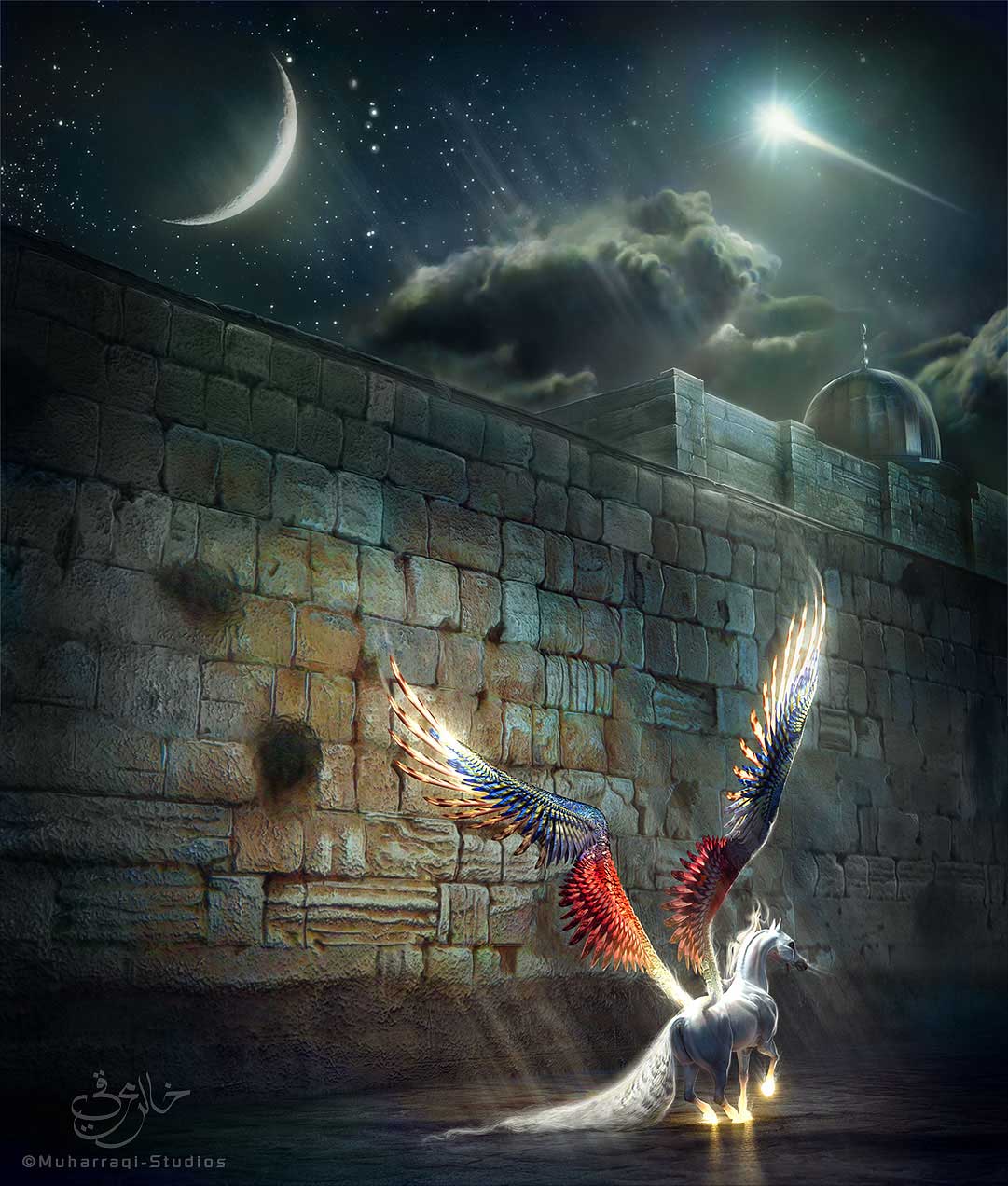 What was the importance of this incident for the Prophet ﷺ ? The importance of night journey and ascension was great for Prophet Muhammad ﷺ, the Muslims and future of Islam. If one understands the drama surrounding the Prophet's life when this event occurred one can realize how enormous the importance of it must have been especially for him. When this incident took place our Prophet ﷺ was in Makkah and under intense persecution by pagans of Quraysh who were strong and influential in that society, economically and politically. By this time the Prophet ﷺ and his followers had sought refuge in the valley of Abu Talib called sheb-e-Abi Talib, Prophet’s paternal uncle who was also the serving chief of Quraysh. During their refuge, Prophet ﷺ and his companions were experiencing a boycott imposed on them by the pagans which prevented other sections of Quraysh from having any dealing with Muslims. All social relationships were to be cut off, no financial dealings with Muslims, no buying and selling of even food to them and all of this was imposed for three years which caused much stress and difficulties for the early Muslims. Abu Talib, being the chief of Makkah, was the Prophet's main support, which prevented the pagans from killing him. It was during this time that two major losses were experienced by the Prophet ﷺ which plunged him in to such a sorrow and grief that was extremely unbearable for him. Abu Talib, the only wall standing between him and pagans, fell, he passed away. Khadija (r.a), the Prophet’s only wife and first convert to Islam, his major financial and emotional support, also passed away. Khadija (r.a) was someone from whom he had not only gained love as a wife but due to her being older than him and that Prophet ﷺ was raised an orphan, he also experienced motherly care from her. These two losses along with the extent of boycott and sometimes the concerns some of his followers would express to him, was indeed a burden unbearable for him. To add on top of these burdens the Prophet ﷺ visited Al Taif (a town near Makkah) to gain support for his mission where he was extremely disappointed after the people mistreated him by pelting stones and wounding him. He bled so much that his shoes were filled with blood. Its quiet conceivable to anyone who has read details of these horrific incidents that if it was other than the blessed Prophet ﷺ, they would have perished. And so it was right at that time Allah ﷻ decided to bless the Prophet ﷺ with such a journey which would not just be a journey, in fact it would reveal to him knowledge and mysteries of the universe and hereafter: (Al Quran 17:1) "Exalted is He who took His Servant by night from al-Masjid al-Haram (in Makkah) to al-Masjid al- Aqsa (in Jerusalem), whose surroundings We have blessed, to show him of Our signs. Indeed, He is the Hearing, the Seeing."[1] This incident gave him the insight in to the future of Islam and the spread of its light throughout the world. It revealed to him the future of entire humankind in this world and the hereafter, as well as his own position in relation to all the prophets and messengers to ever have lived including his great exceptional status that he carried in nearness to Allah ﷻ against the entire creation. All of this and much more did he experience in that event called Isra Wa’al Mi'raj (Night Journey & Ascension). Knowing this we can understand why its timing was absolutely perfect. After this journey the Prophet ﷺ gained the necessary strength and wisdom, the trust in Allah ﷻ required to move further in the mission entrusted to him as a final messenger for entire humankind. With his gained courage he was able to infuse the same in to the hearts of his companions, he revealed to them the knowledge of Islam's future, who while believing in him and Allah ﷻ were able to assist him in his mission. Thus, with the Prophet's eventual victory against his opponents and the gradual spread of the faith around the globe, bears witness to the importance of that journey in the history of Islam. References: [1] Al Quran 17:1
0 Comments
Leave a Reply. |
AuthorZaid Shah ArchivesCategories |
Proudly powered by Weebly
 RSS Feed
RSS Feed